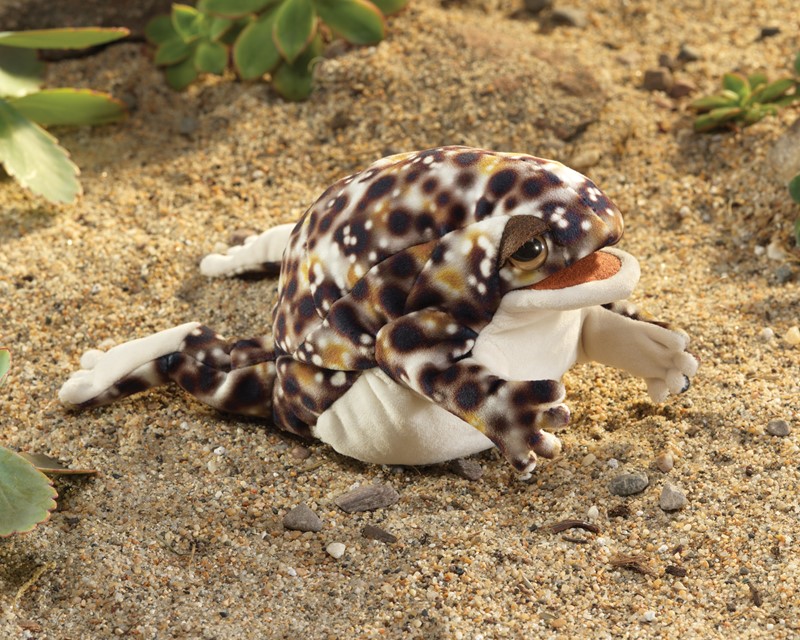Rain Frog for Sale: Elevate Your Collection with Rare and Exotic Amphibians!
Rain Frog for Sale: Elevate Your Collection with Rare and Exotic Amphibians!
Blog Article
Common Health And Wellness Issues in Reptiles: Symptoms and Solutions
In the elaborate globe of reptile care, recognizing the common wellness issues that may influence these special creatures is paramount in guaranteeing their health. Whether it's grappling with parasitic problems, browsing dehydration problems, or attending to skin disorders that manifest in refined methods, being attuned to the symptoms and geared up with the knowledge of reliable services is essential for any type of reptile owner.
Respiratory Infections
Breathing infections in reptiles can substantially affect their overall health and call for timely attention from knowledgeable veterinarians. These infections are frequently caused by viruses, fungis, or bacteria and can materialize through signs such as hissing, nasal discharge, open-mouth breathing, and sleepiness. In reptiles, respiratory infections can be specifically testing to identify and treat because of their distinct makeup and physiology. Vets commonly count on a combination of health examinations, diagnostic imaging, and research laboratory tests to accurately recognize the underlying root cause of the infection.
Therapy for respiratory infections in reptiles generally includes a mix of encouraging treatment, such as maintaining proper moisture degrees and temperature gradients in the room, as well as targeted medicine to address the particular virus in charge of the infection. It is vital for reptile owners to monitor their family pets very closely for any kind of indications of respiratory system distress and seek vet care at the earliest indication of an issue. With prompt intervention and ideal treatment, several reptiles can recoup fully from respiratory infections and return to typical activities.

Metabolic Bone Disease
What aspects add to the advancement of Metabolic Bone Illness in reptiles?
Metabolic Bone Disease (MBD) in reptiles is primarily triggered by an absence of correct calcium, phosphorus, and vitamin D3 degrees in their diet regimen. When reptiles do not obtain appropriate calcium, either through their food or correct UVB exposure for vitamin D3 synthesis, they go to a high risk of developing MBD. Reptiles with diets reduced in calcium or unbalanced calcium to phosphorus proportions are especially vulnerable. Furthermore, insufficient direct exposure to UVB light protects against reptiles from synthesizing vitamin D3, which is important for calcium absorption and bone wellness.
Various other adding variables to MBD include improper temperature gradients within the reptile's habitat, resulting in decreased metabolism and damaged calcium absorption. Inadequate moisture levels can additionally affect a reptile's capability to metabolize calcium effectively. In addition, specific reptile types have particular nutritional needs that, otherwise fulfilled, can enhance the chance of creating MBD. Regular vet check-ups, proper husbandry practices, and a balanced diet are vital to stop Metabolic Bone Illness in reptiles.
Parasitic Invasions
Parasitical problems position a considerable health risk to reptiles, affecting their overall health and requiring punctual veterinary attention. Reptiles can be influenced by numerous bloodsuckers, including mites, ticks, inner worms, and protozoa. These bloodsuckers can trigger a series of symptoms, such as weight management, lethargy, skin irritability, looseness of the bowels, and also fatality if left untreated.
One usual parasite discovered in reptiles is the mite, which can cause skin irritation, anemia, and anxiety. Ticks are another external bloodsucker that can cause and transmit illness discomfort to the reptile. Internal parasites like worms and protozoa can result in gastrointestinal issues, malnutrition, and compromise the reptile's immune system.
To detect a parasitical invasion, a vet may perform fecal examinations, skin scrapings, or blood examinations. Therapy commonly entails deworming medications, antiparasitic bathrooms, or in extreme situations, a hospital stay. Preventative measures such as regular veterinary exams, proper hygiene, and quarantine procedures for see post brand-new reptiles can help reduce the risk of parasitic invasions and make sure the wellness of reptile pet dogs.
Dehydration and Hydration Issues
Dehydration in reptiles can considerably impact their wellness and well-being, demanding timely intervention and suitable hydration administration. If left without treatment, dehydration can lead to serious health concerns and also be fatal to the reptile.
To avoid dehydration, reptile proprietors need to ensure that their animals have access to tidy water in any way times. The water meal ought to be huge site link sufficient for the reptile to take in if needed, especially for varieties that take in water through their skin. In addition, preserving appropriate humidity degrees in the reptile's enclosure and offering normal bathrooms can help prevent dehydration.
In situations of dehydration, it is crucial to seek vet care promptly. A vet might carry out liquids either by mouth or with injections to rehydrate the reptile. It redirected here is necessary to deal with the underlying root cause of dehydration to stop recurrence and make certain the reptile's total wellness.
Skin Conditions

Verdict

Breathing infections in reptiles can dramatically affect their general wellness and need punctual interest from seasoned vets (rain frog for sale). Preventative measures such as routine vet examinations, proper health, and quarantine procedures for brand-new reptiles can assist decrease the danger of parasitic invasions and guarantee the health of reptile animals
If left untreated, dehydration can lead to major wellness issues and even be deadly to the reptile.
Routinely examining your reptile for any type of modifications in skin appearance, texture, or color can aid in very early discovery and treatment of skin conditions, advertising the overall wellness and wellness of your scaly companion. - rain frog for sale
In verdict, reptiles are vulnerable to different wellness issues such as breathing infections, metabolic bone condition, parasitic invasions, dehydration, and skin disorders.
Report this page